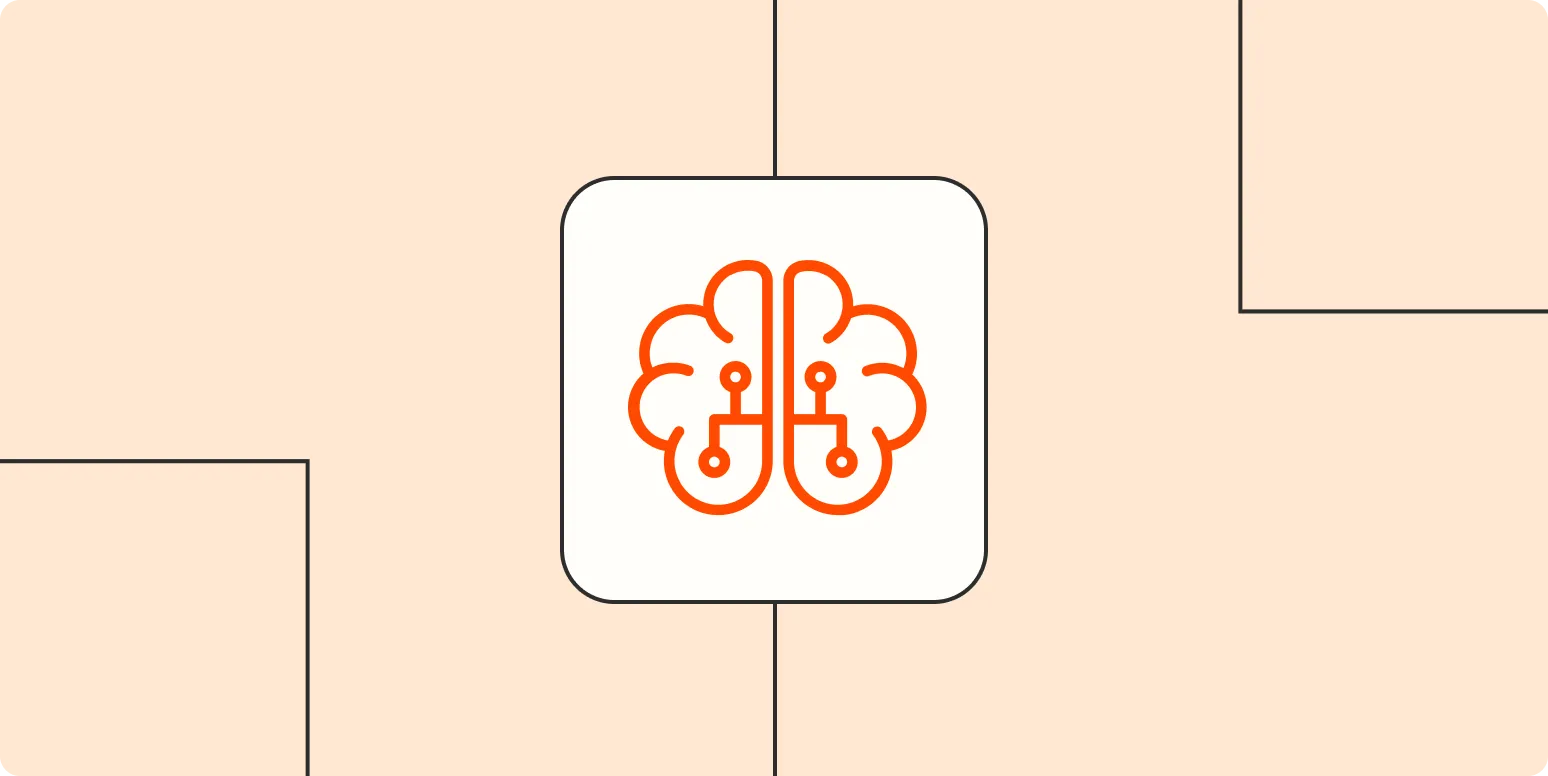In today's fast-paced digital landscape, the way we approach our work has evolved significantly. One concept that has gained traction is ''Deep Work'', popularized by Cal Newport in his book of the same name. This methodology focuses on the ability to concentrate without distraction on cognitively demanding tasks. Adopting this concept has profoundly changed my work life, enhancing productivity and overall job satisfaction. Here, I will outline how ''Deep Work'' has reshaped my approach to tasks, improved my focus, and ultimately transformed my professional outcomes.
Understanding Deep Work
''Deep Work'' is defined as professional activities performed in a state of distraction-free concentration that push your cognitive capabilities to their limit. This type of work is essential in today’s economy, where the ability to learn quickly and apply that knowledge effectively is a significant asset. The opposite of ''Deep Work'' is “shallow work,” which consists of non-cognitively demanding tasks that are often performed while distracted. Understanding this distinction was the first step in changing my work habits.
The Shift in Mindset
Before embracing ''Deep Work'', my days were often filled with shallow tasks. I was constantly checking emails, attending unproductive meetings, and jumping from one distraction to another. This not only led to frustration but also to a feeling of unfulfillment. Shifting my mindset to prioritize ''Deep Work'' meant recognizing the value of focused effort. I started allocating specific blocks of time in my calendar exclusively for deep work sessions. This simple change resulted in a significant increase in my productivity.
Implementing Strategies for Deep Work
To successfully integrate ''Deep Work'' into my routine, I adopted several strategies that helped maximize my focus and minimize distractions:
| Strategy | Description |
|---|---|
| Time Blocking | Setting aside dedicated time slots for ''Deep Work'' in my calendar. |
| Distraction-Free Environment | Creating a workspace free from distractions, including turning off notifications. |
| Setting Clear Goals | Defining specific objectives for each deep work session to maintain focus. |
| Regular Breaks | Incorporating short breaks to recharge and maintain high levels of concentration. |
By implementing these strategies, I was able to create an environment conducive to ''Deep Work'', leading to more meaningful progress on my projects.
Measuring the Impact
The results of embracing ''Deep Work'' were not just qualitative but also quantitative. I began measuring my productivity and found a stark contrast between my previous performance and my new focus-driven approach. Here’s a quick comparison:
| Metric | Before Deep Work | After Deep Work |
|---|---|---|
| Tasks Completed Per Day | 5 | 15 |
| Time Spent in Meetings | 3 hours | 1 hour |
| Project Completion Rate | 1 per month | 3 per month |
This chart clearly illustrates the dramatic improvements in my productivity. By dedicating myself to ''Deep Work'', I became more efficient and effective, allowing me to take on more challenging projects and responsibilities.
Embracing the Philosophy
Beyond productivity, the philosophy of ''Deep Work'' has encouraged a more profound engagement with my work. Rather than merely completing tasks, I now find myself immersed in my projects, experiencing a sense of flow. This engagement has led to increased job satisfaction and a greater sense of accomplishment. I have also noticed improved creativity and problem-solving abilities, as the focused time allows for deeper thinking and innovation.
Overcoming Challenges
While the transition to ''Deep Work'' has been largely beneficial, it has not been without challenges. One of the main hurdles was the temptation to revert to old habits, especially in a workplace that often prioritizes busyness over actual productivity. To counter this, I continually remind myself of the benefits I’ve experienced and focus on maintaining a balance between ''Deep Work'' and necessary collaboration.
Conclusion
Incorporating ''Deep Work'' into my professional life has been transformative. It has changed not only how I work but also how I perceive my role within the company. By prioritizing focus and minimizing distractions, I have enhanced my productivity, creativity, and job satisfaction. For anyone looking to elevate their work life, embracing the principles of ''Deep Work'' could be the key to unlocking your full potential.





